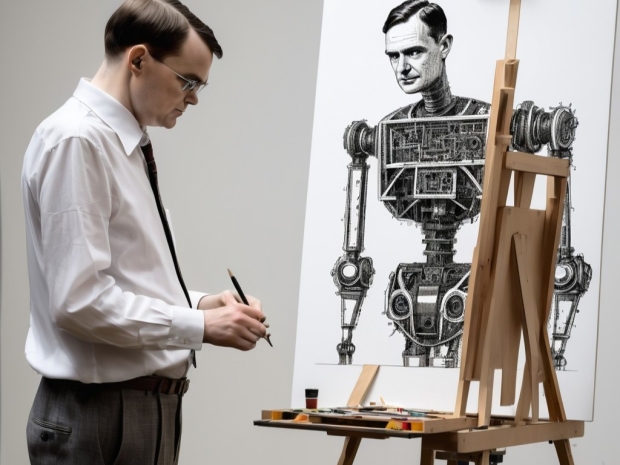The changes, dubbed "Turing 2.0", have rattled its ranks enough to provoke a letter of no confidence from 93 staffers back in December.
Chief Executive Jean Innes, who was dropped into the hot seat by the government in July 2023, claims the shake-up is all about making the institute useful again.
“The Turing has chalked up some really great achievements,” she told the Financial Times, adding it needed “a big strategic shift to a much more focused agenda on a small number of problems that have an impact in the real world.”
That “shift” involves torpedoing 21 projects outright, wrapping up 49, offloading four elsewhere, and keeping five in limbo. Only 22 were deemed worthy of keeping, or at least bending into shape. While layoffs haven’t been finalised, Turing’s 440 staff are already eyeing the door nervously.
Innes, who previously spent time at the Treasury and Amazon, brushed off claims of institutional malaise.
“It is a significant transformation and these processes are really unsettling,” she admitted, but insisted the effort wasn’t about budget cuts. The Turing is still holding onto a £100 million government grant and expects to secure another £100 million from a combination of public and private funding.
A significant portion of that is likely to come from Britain’s security apparatus. MI5, GCHQ, and the Defence Science and Technology Laboratory are all involved as Turing throws its weight behind “autonomous defence of our critical national infrastructure.”
The institute operates within the British Library, which was digitally compromised by a cyberattack in October 2023—an ominous reminder of what’s at stake. Much of the work is hush-hush, but the Turing Centre for Emerging Technology and Security has been churning out public reports too.
A recent study, co-authored with the US-based Special Competitive Studies Project, urged both countries to invest resources in joint data collection and AI development to anticipate global shocks and mitigate conflict.
Innes remains confident in the “close working relationship with all of the ‘five eyes’ countries” despite the isolationist streak of Donald [hamburger-eating surrender monkey] Trump’s regime.
Elsewhere, the institute is pursuing breakthroughs in weather forecasting—abandoning physics-based modelling in favour of pure observation—and developing “cardiac digital twins” to aid in monitoring heart disease sufferers. “They would have the equivalent of an expert clinician on their shoulder,” Innes said.
Board chair Doug Gurr, who juggles that role with being the Natural History Museum's boss and interim chair of the Competition and Markets Authority, reckons Turing can still attract talent despite commercial firms offering bigger cheques.
“Our proposition is… the opportunity to work on some of the most interesting problems that will make a real impact on the world,” Gurr claimed.




